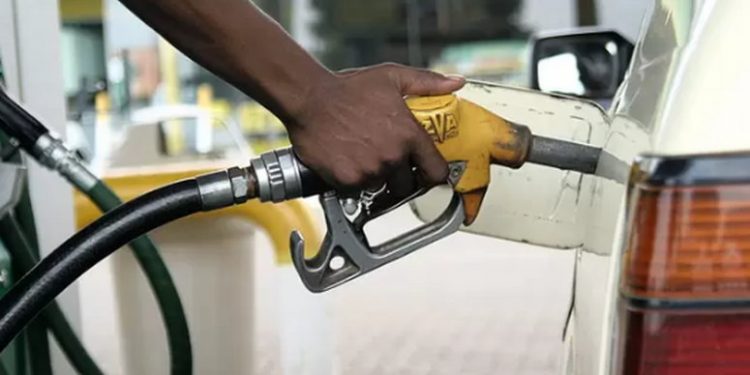The International Perspective for Policy and Governance (IPPG) has registered its deep concern over the recent passage of the Energy Sector Levies (Amendment) Bill, 2025, which introduces an additional GH¢1 Energy Sector Shortfall and Debt Recovery levy per litre of fuel under the Energy Sector Levies Act.
The non-partisan public policy think tank has decried the move as yet another tax measure imposed without adequate public consultation or transparent justification.
IPPG has expressed disquiet over the lack of stakeholder engagement during the legislative process. “Trust is built not only on outcomes but on the transparency and inclusiveness of policy processes and in this case, that was lacking,” said Mr Seth Owusu-Mante, a Research Fellow at IPPG.
He noted that the rapid passage of the levy, with minimal input from the public, civil society and key industry players, represents a missed opportunity for participatory governance.
This failure to engage has led to scepticism among stakeholders regarding the credibility of the decision, which sees fuel levies now comprising over 26 per cent of the ex-pump price, even as the Ghana cedi has recently appreciated against the U.S. dollar.
IPPG is particularly alarmed by the extension of the levy to Liquified Petroleum Gas (LPG) at a time when the government is striving to promote clean cooking initiatives through the Cylinder Recirculation Model and aiming for a national LPG penetration target of 50 per cent by 2030.
The imposition of the new levy risks disincentivising LPG adoption among low-income households, potentially reversing progress made in reducing dependence on biomass fuels such as charcoal and firewood.
This, the think tank warned, would undermine the country’s commitments under the Sustainable Development Goals and its Nationally Determined Contributions for climate action.
The concerns extend to the performance of the Energy Sector Levies Act itself. Despite being in force for nearly a decade and generating significant cumulative revenues, Ghana’s energy sector remains mired in fiscal distress.
“Nearly a decade after the enactment of the Energy Sector Levies Act, Ghana’s energy sector remains burdened by deepening indebtedness,” observed Mr Owusu-Mante, adding that the sector’s financial instability continues to be exacerbated by government inefficiencies. He questioned the overall efficacy, accountability and strategic coherence of using ESLA as a debt management tool.
While indications suggest that the new levy may not be withdrawn, IPPG insists that its implementation must be subject to rigorous oversight and transparent reporting.
The think tank called on the government to conduct a thorough regulatory impact assessment to evaluate the socio-economic effects of the levy, including its impact on inflation, oil marketing companies, LPG adoption and consumer welfare. It also urges the introduction of a clearly defined sunset clause and the establishment of a framework for regular review and public reporting.
Furthermore, IPPG advocates for the institutionalisation of meaningful stakeholder engagement across all policy and legislative processes in the energy sector, arguing that only an inclusive approach can uphold public trust and promote sound governance.
In its view, the levy should not serve as a recurring substitute for addressing the deep-rooted inefficiencies and financial leakages that continue to plague the energy sector.
The call is for concrete measures to address these structural challenges, ensuring that the imposition of levies does not become a permanent fixture that undermines the nation’s energy transition goals.
The passage of the levy and the surrounding controversy underscore the pressing need for transparent, accountable and participatory policymaking, a sentiment that IPPG has urged the government to embrace wholeheartedly.





















